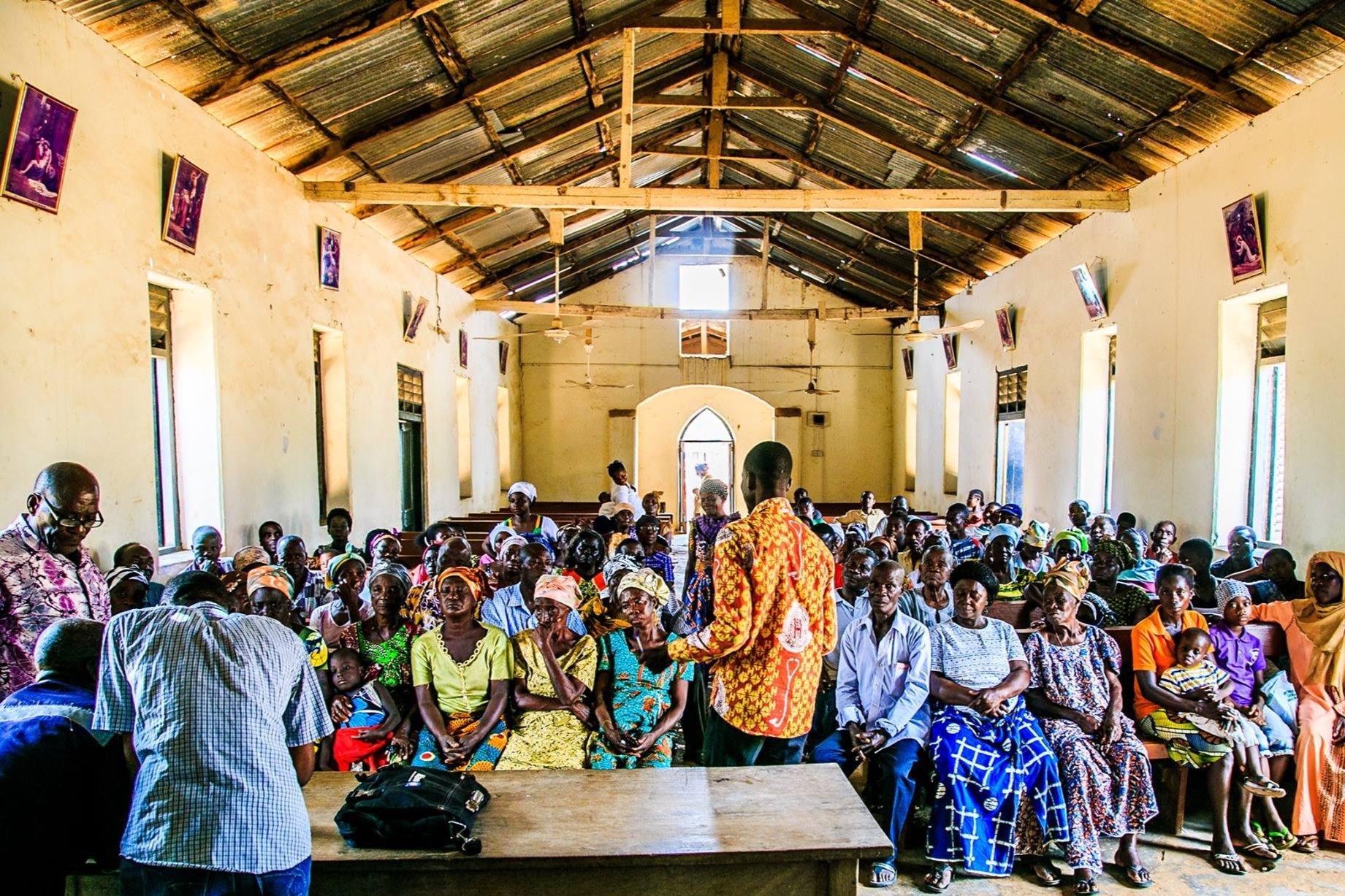
CERTIFICATE IN CULTURAL COMPETENCY
Module 8: The Importance of Social Etiquette
Standards of appropriate dress vary among cultures, but volunteers should always dress professionally to show respect, and to avoid misunderstanding, embarrassment, or offense. This means that clothing must be clean, pressed, and conservative. Men should always tuck in their shirts, and women in many countries should make sure their knees, midriffs, and shoulders are covered. Both men and women should wear closed-toed shoes in the clinic, and neither should wear shorts. In addition to these basic standards of dress etiquette, volunteers should research appropriate dress codes that pertain to their particular host country. In India, for example, volunteers should know that “women must always keep their upper arms, chest, back and legs covered.”(1) Volunteers traveling to Ghana should know to remove their hats when speaking to the elderly.(2)
It is also important to develop an understanding of local social etiquette. You will find that standards of politeness and common courtesy vary widely across cultures. This includes knowledge about how to greet different people, rules associated with tipping, giving and accepting gifts, table manners and eating customs, body language and gestures, attitudes toward sacred spaces and more. Even something as seemingly harmless as taking a photograph should be approached with caution in some cultures:
“When in Ghana, beware of what you take photographs of. If you want to take pictures of people, ask them first. Many will happily say yes, but some may try to charge you a fee. Sometimes people may fear that by getting their picture taken their soul will be captured, so be aware of that and always ask before snapping a photo. Do not take photos at government or military buildings, prisons, or airports, and seek permission before photographing sacred grounds.”(3)
Cultural norms vary from country to country, and even from community to community; there is no one rulebook of social etiquette for the developing world as a whole. In India, for instance, many places will not serve beef, but in Ghana, ordering a meal without meat will be seen as extraordinarily strange.(4)(5) Similarly, in Ghana, a boisterous greeting with a handshake is expected, whereas in India you should not shake someone’s hand unless they extend their arm first.(6)(7) In both countries, eating or shaking hands with the left hand is improper. There are countless more examples of the diversity of social etiquette across cultures; you will have to learn which rules and norms apply to your travel location. When possible, speaking with past volunteers is a great way to find out about important culture-specific customs.
Making eye contact, wearing socially-inappropriate clothing, or even engaging in friendly conversation can sometimes insinuate romantic interest.(8) As a foreign volunteer, you must remember that you are entering a world that is completely unfamiliar to you, and you should thus tread softly. As anthropologist Dr. Geri-Ann Galanti explains, it is tempting to believe that “if [you] just treat each patient with respect, [you] will avert most cultural problems,” but in reality, “knowledge of cultural customs can help avoid misunderstanding and enable [provision of] better care.”(9)
Footnotes
(1) “Volunteering in India: Etiquette and Customs.” Volunteering in India. volunteeringinindia.org.
(2) Ghana Etiquette Tips.” https://www.vayama.com/flights/africa/ghana.
(3) Ibid.
(4) “India Etiquette Tips.” https://www.vayama.com/flights/asia/india/etiquette.
(5) Gleason, L. “Chicken, Fish or Goat? Eating Etiquette in Ghana.” 12 May 2008. Glimpse.org.
(6) Ibid.
(7) “India Etiquette Tips.” https://www.vayama.com/flights/asia/india/etiquette.
(8) See, for example, Galanti, G. “An Introduction to Cultural Differences.” Western Journal of Medicine. 172.5 (2000) 335-336.
(9) Galanti, G. “An Introduction to Cultural Differences.” Western Journal of Medicine. 172.5 (2000) 335-336.
